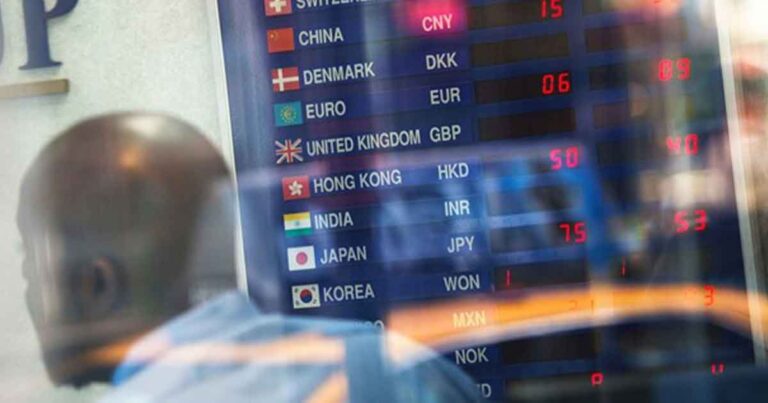Currency trading offers unparalleled opportunities and lucrative profits in the trading market. However, these chances of high returns are not without the chances of potential loss due to the inherent risks associated with currency trading. Understanding these risks is essential for anyone venturing into currency trading to minimise losses by making informed decisions. This blog …










